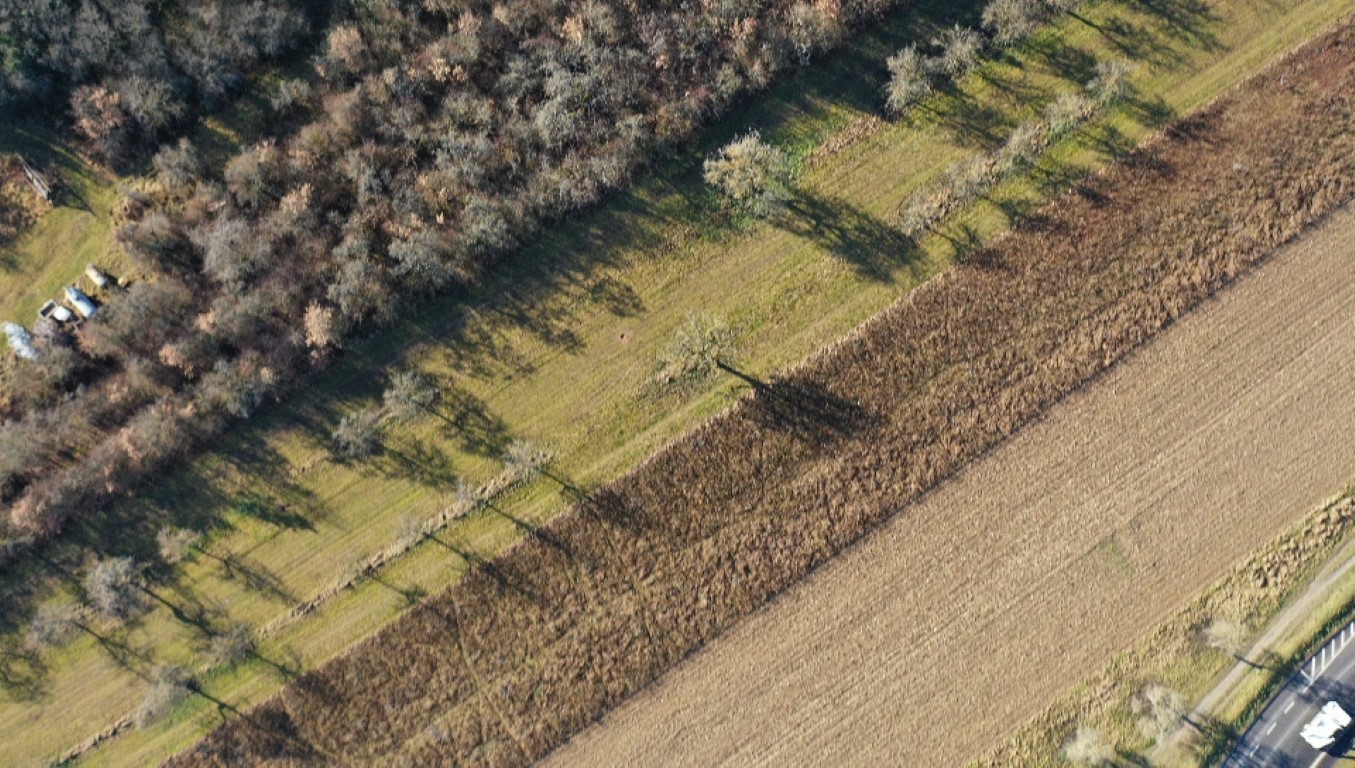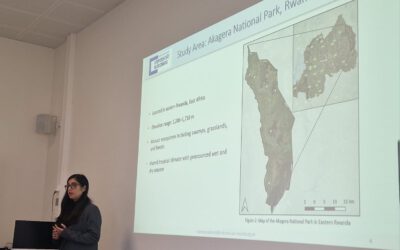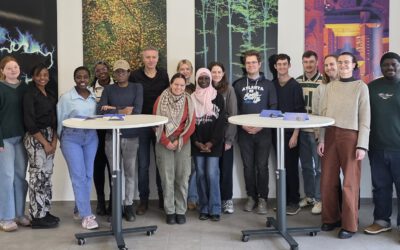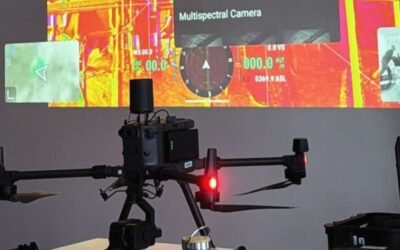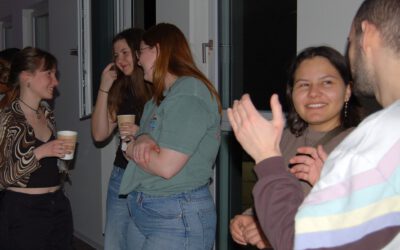On Friday, June 16 at 11 a.m. Cornelia Zygar will present her MSc Thesis “Remote sensing-based plantation forest mapping in the Central Highlands of Vietnam: A deep learning approach” in room 01.027, building 70, Emil-Fischer-Straße 70
From the abstract:
Plantation forests are part of complex ecological and socioeconomic relationships, which demonstrates the importance of information about their location and area. For Vietnam, up-to-date information on plantation forest areas and their species is not publicly available. In this thesis, a Long Short-Term Memory (LSTM) approach for mapping rubber and acacia plantation forests was conducted for the Central Highlands of Vietnam. The input data for this time series-based classification were 12 Sentinel-2 monthly median composites for 2020. Three different sizes of neighbourhoods were tested to be included in the classification. For the final analysis, the model with a neighbourhood size of 3×3 pixels was selected. This LSTM model was compared to a random forest baseline. Accuracies were higher for the LSTM-based classification than for the random forest-based classification. Also, rubber F1-values generally were higher than the F1-values for the acacia class. This can be explained by rubber being better suited for a time series classification because of its characteristic phenology compared to the evergreen acacia plant. It was shown that the districts with the highest acacia plantation density in the Central Highlands are located in the provinces Gia Lai and Dak Lak, while the districts with the highest rubber plantation density are found in Kon Tum and Gia Lai. For rubber, the presented classification approach was shown to be highly suitable and is a promising method for a nationwide detection of rubber plantations. For acacia plantations, however, a convolutional neural network (CNN) approach might be more suitable than a time series-based classification and is suggested to be tested. Due to the small differences between the random forest and the LSTM classification accuracies, random forest should be considered for further research in the field of remote sensing-based plantation detection as well.
1st Supervisor: Dr. Martin Wegmann
2nd Supervisor: Juliane Hut (DLR)

